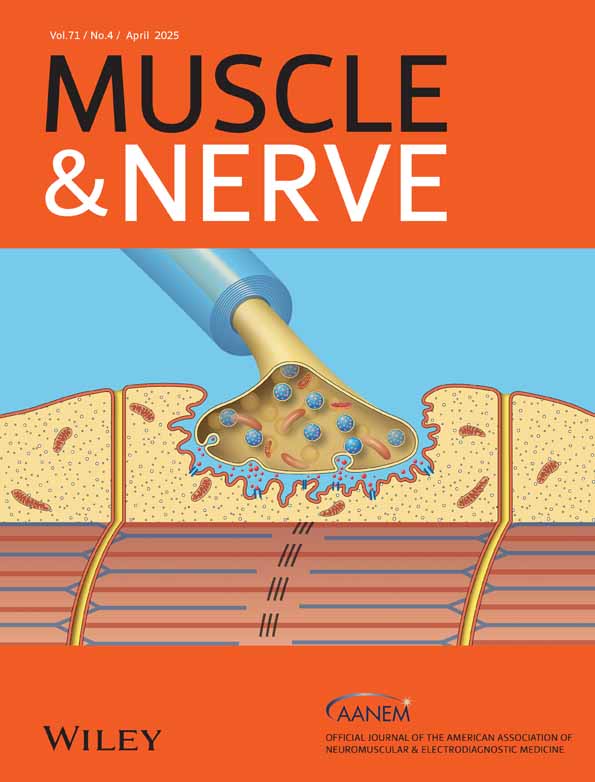Comparison of Two Questionnaires for Sleep-Related Symptoms in Pediatric and Adult Patients With Myotonic Dystrophy Type 1
ABSTRACT
Introduction/Aims
Sleep-related symptoms in myotonic dystrophy type 1 (DM1) are often unrecognized. This study aimed to integrate two sleep questionnaires into an outpatient clinic for assessing sleep disturbances in DM1 patients, while also developing a pediatric version of one questionnaire.
Methods
We administered two sleep questionnaires to adult and pediatric patients with DM1: (1) the Epworth Sleepiness Scale (ESS), which assesses the likelihood of falling asleep under specific circumstances; and (2) the Functional Outcomes of Sleep Questionnaire-10 (FOSQ-10), which evaluates the impact of daytime sleepiness on activities of daily living. We also developed a pediatric version of the adult FOSQ-10 and compared it to the pediatric ESS.
Results
Among 28 DM1 patients, 27 completed the questionnaires. More than half (15 of 26, eight children and seven adults) had abnormal scores on either or both questionnaires. FOSQ-10 scores tended to be more abnormal than ESS scores in pediatric patients. No significant correlations were found between questionnaire scores and CTG repeats, intellectual disability, age, or inheritance pattern. The pediatric FOSQ-10 questionnaire showed a strong correlation with the pediatric ESS correlation coefficient −0.79 (p = 0.002).
Discussion
The integration of the ESS and the FOSQ-10 allowed for a more comprehensive assessment of fatigue, a well-documented symptom in DM1 and one that the ESS alone might not fully capture. Our findings highlight the importance of incorporating multiple tools to assess sleep-related symptoms in DM1 patients.
Conflicts of Interest
The authors declare no conflicts of interest.
Open Research
Data Availability Statement
The data that support the findings of this study are available from the corresponding author upon reasonable request.




